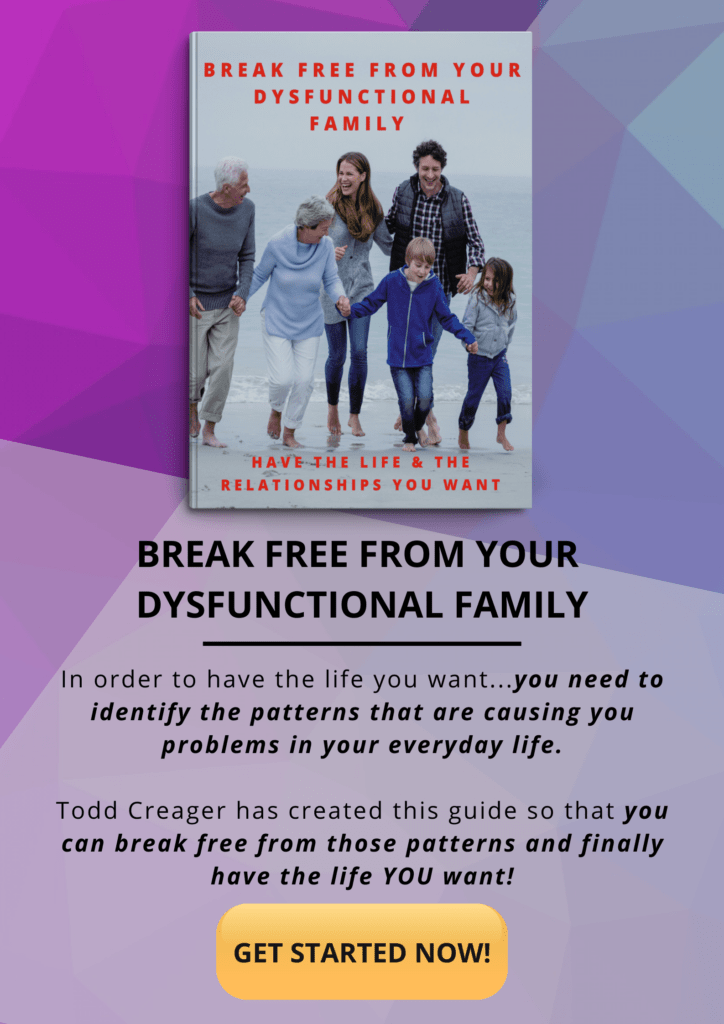After infidelity, you need rock-solid boundaries to rebuild safety.
The betrayer must end all contact with the affair partner (in front of you), share passwords, change jobs if needed, and go way beyond normal to prove they’re safe. It’s not about control—it’s about healing a ruptured boundary.
But here’s what most people miss: The person who cheated doesn’t get to keep their “privacy rights” anymore. Not now. Maybe later when your nervous system calms down, but right now? Total transparency is the price of rebuilding trust.
What boundaries are needed post discovery of the infidelity?
In other words, what boundaries are needed so that healing can happen and that also as we go through the stages of healing that our relationship can thrive.
Understanding What Boundaries Really Are
Infidelity is a violation of boundaries.
What’s a boundary?
Think of a boundary of a country. This is where our country ends and maybe another one begins. There’s a boundary. There’s a line around it. With couples and families there’s boundaries too.
With a couple, ideally there’s a boundary around the couple.
So that there—let’s say with kids—they have a united front. You want to have a boundary with kids because if you don’t have a united front, kids could try to divide and conquer and the healthy hierarchy of parents and kids can get all torn up and kids can run the house.
There are boundaries around all relationships.
There are boundaries between a mom and an adult child. But an intimate couple definitely needs that boundary.
When you have a mother or mother-in-law come in and they want things their way, it’s important for both partners to have a boundary and make sure that they support each other as a couple and don’t please their parents in a way that disrupts or erodes the boundary of the couple.
How Infidelity Ruptures the Sacred Boundary
You have a couple that’s intimate, a committed relationship—there’s a boundary around there where there’s certain things you don’t do.
Being single, I could have dated or flirted with all kinds of people. Once I’m in a committed relationship, the assumption is that I don’t flirt with other people.
That’s a boundary.
It’s a boundary to keep the sacredness of a couple—this sacred couple inside of it and around it are these boundaries.
If I have a secret, it’s a boundary violation. I have violated the boundary. I have ruptured our boundary so that I could have some kind of boundary with this other person.
Obviously, if the person’s cheating with an escort, it’s different than a woman or a man that the person’s with for 6 months to a year and developed a deeper relationship. But in either case, even though maybe one is more intense than the other, there’s a violation of the boundary between the committed couple either way.
That’s what secrets do—they rupture the boundary.
When You Haven’t Violated the Boundary
In my case, I have not cheated on my wife.
I’m certainly not a perfect husband, but I haven’t cheated on my wife. So when it comes to other female therapists that I’ve gone to lunch with, it’s not a big deal. There’s probably more women than men in my field. I’ve had lunches with therapists and most times with women. Sometimes it’s me and one other woman. It’s not a big deal because I haven’t violated that boundary.
I don’t need it to be rigid and I can—as I’m acting appropriate with this other person and I’m presenting myself as a married person—there’s really not an issue. I can’t do anything that I couldn’t tell my wife about.
For example, I could say I met so-and-so and it was so nice to see her and I gave her a big hug and it was very warm. We had a very nice lunch—I could tell her that, it’s not a problem.
It’s when we do things that we can’t tell a partner that becomes the secret—small secrets which sometimes lead to big secrets. That’s a boundary violation.
Rebuilding Boundaries After Betrayal
Now a person who has violated that—they’re going to have a very different situation than my situation.
Because they have given their partner reason to feel unsafe.
And so now the betrayer has to go a little bit more out of their way to make the other person feel safe that you are honoring the boundary.
I’ve worked in therapy with couples and people need to do these things whether in therapy or not:
End the Affair Relationship Completely
If it’s an intimate relationship with the affair partner, that has to end and it has to end in the presence of the committed partner.
The committed partner is there and everything’s overt. Nothing’s secret. The betrayed person gets to witness their partner who betrayed ending the relationship in no uncertain terms.
That’s one way to begin healing of that ruptured boundary.
Change Jobs When Necessary
Sometimes—let’s say the person that they cheated with was a coworker—to reinstall that boundary you might have to change jobs.
I had a couple that were both teachers in different schools in the same district. This man who had cheated was a highly respected and popular teacher for 25 years in his school.
But he changed schools so that he wouldn’t see this person every day. He said, “Look, I’m not going to cheat on my partner if I don’t change schools. I really would rather not change schools.”
But the partner was like, I’m not comfortable with it. And he understood.
Even though I think he probably would have honored that, one way to honor the boundary and make it clear is to do the difficult task of leaving the familiar.
He went to a different school where nobody knew him. He didn’t have that cloud in the new school. That’s the price one pays oftentimes because it’s not always going to be comfortable or convenient to do what you got to do to resacralize—make it sacred again—the boundary that you have with your partner.
Extra Communication During Unavoidable Contact
Sometimes it might not be possible to leave a job and the other person can’t leave the job either.
I’ve had one person when they had to go to meetings where the other person was there—they would FaceTime their partner before, take a break in the middle and then even at the end they say “I just—you know you’re concerned and you’re anxious but I love you. I’m thinking of you.”
They do the extra legwork of before and in the middle taking a little break and at the end to FaceTime their partner.
We’re trying to maintain the boundary.
Social Media Boundaries
Social media—sometimes people have to get off social media entirely or make a commitment to not react to anybody on social media that if their partner would see it, they’d be anxious or jealous.
They might have to change those behaviors. Don’t like those people, especially people that your partner would feel threatened about.
What I ask a betrayed person is to be reasonable, to not look at everything as a threat, to discern what is really a threat and what isn’t.
Even though I think it’s important for the person who betrayed to go above and beyond to make the other person feel safe, you don’t want them to walk around in a straight jacket—they need to live and work and socialize too.
Complete Transparency with Passwords and Accounts
Sharing passwords—a lot of times people that betray say “don’t I have a right to privacy?” And I go not really, not now. Maybe eventually when your partner is settled, but until your partner’s nervous system calms down—no, no, no.
Your partner should have total access to your—sometimes checking accounts if they spent money on other women or men or whatever the case may be.
Your partner should have access to your money to see what’s going on.
Definitely the devices—the phone, the computer, the iPad, whatever. You might have to get off social media or your partner has access to everything that you would be doing.
You might feel like that is sacrificing some individual boundary but for a while you got to do that to create a healthy boundary as a couple.
No More Flirting or Secret Behaviors
Any behavior that you know you would rather your wife or husband or committed boyfriend or girlfriend not know about—then don’t do it.
You can’t do it because you are committed to create that healthy sacred boundary between you and your committed partner.
That is what’s more important than following any urge to have pleasure or to have some ego gratification or whatever.
That is way down the priority list compared to doing what you got to do to help create that boundary which—remember—it’s all about your partner who was betrayed by you to feel safe. That’s what this is all about.
The Real Purpose Behind These Boundaries
You got to be willing to go the extra mile if a person has betrayed and to make sure that the person’s safe.
It’s not about being micromanaged or controlled. It’s about helping that person who was betrayed to feel safe. We want to keep that in mind.
The only thing I ask of the betrayed person is to discern—is this really a threat or not—and to be reasonable. But other than that, I think the responsibility of creating that safe boundary is on the person that betrayed.
What This Means for Your Recovery:
Boundaries aren’t punishment – they’re about rebuilding safety
The betrayer loses privacy rights – temporarily, until trust rebuilds
Small sacrifices prevent big losses – changing jobs beats losing your marriage
Transparency is non-negotiable – passwords, accounts, everything open
The betrayed partner sets the pace – within reason
It’s temporary but necessary – these measures help heal the ruptured boundary
Remember: secrets rupture boundaries. Transparency begins to heal them.
If you’ve betrayed your partner, going the extra mile isn’t about being controlled—it’s about proving you’re safe to love again.






Reader Interactions